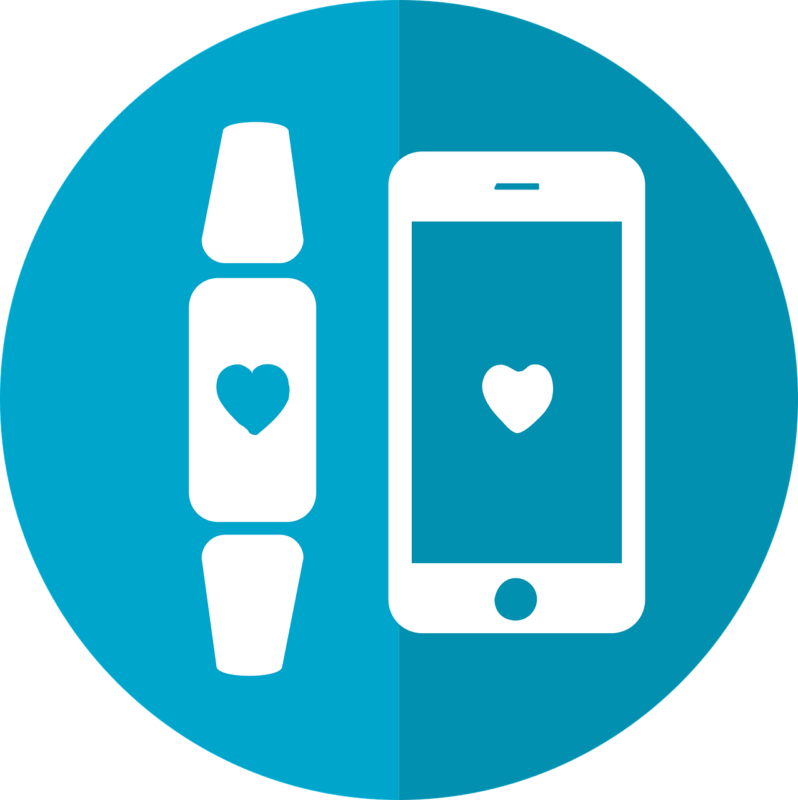
So what is telemedicine? And why is everyone talking about it?
For medical professionals, it could mean a revolution in managing workloads and the amount of people that can be helped. For patients, it could make receiving treatment even easier, particularly for the elderly or disabled.
But how does it work? Here is a short guide on the phenomenon of telemedicine.
What exactly is it? To simplify telemedicine, it’s a way of providing medical care to people remotely, using digital technology.
This means it can be provided on smart phones or computers – devices which most adults in the developed world already have at least one of.
Care can come in the form of video chats with healthcare professionals, data collected from wearable technology such as smart watches, and the storing and analysing of our personal health data on a cloud database easily accessed when we or our doctors need it.

While remote care obviously can’t be used to carry out complex surgical procedures, areas such as early consultations with your doctor, psychotherapy and basic physical therapy can easily be carried out.
Doctors and patients can also use it to write or renew prescriptions, as well as assessments to decide whether a patient should be seen in person.
What are the benefits for patients? An obvious advantage is for patients with disabilities as it would improve their access to care, as well as those who may live in remote areas – if you have a smartphone and an internet connection, you can pretty much have a consultation from anywhere.
More generally, its convenience and the comfort of accessing the services from one’s own home could lead to more preventative treatment – as patients may be more willing to come forward with an ailment before it becomes more severe and difficult to treat.
In case you haven’t noticed, we are also living in the middle of a worldwide pandemic – meaning we must all be careful about visiting places with large groups of people.
This is particularly important when coming into contact with people who visit a doctor, who may have weak immune systems.
